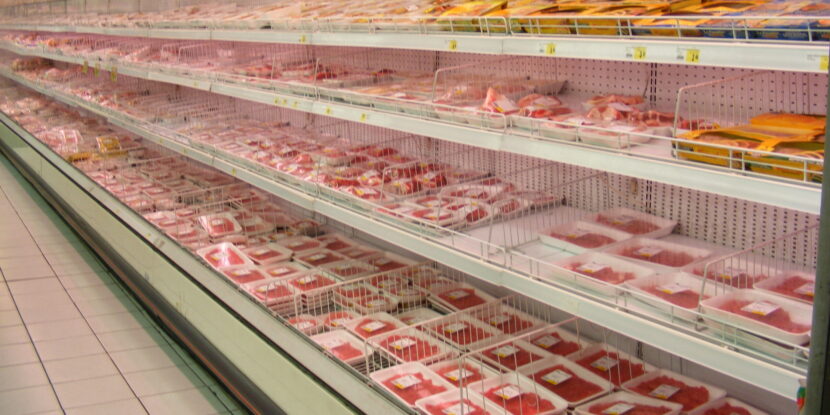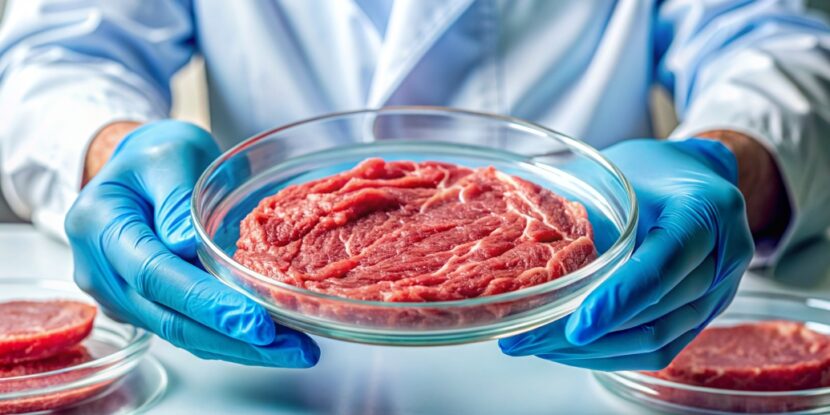❓WHAT HAPPENED: Health Canada has paused its plan to allow cloned meat into the nation’s food supply following significant backlash from consumers and industry, drawing attention to the situation in the U.S.
👤WHO WAS INVOLVED: Health Canada, Canadian and American consumers, industry stakeholders, and the U.S. Food and Drug Administration (FDA).
📍WHEN & WHERE: Announcement made on November 20, 2025, affecting Canada, with related implications in the U.S. and globally.
💬KEY QUOTE: “Until the policy is updated, foods made from cloned cattle and swine will remain subject to the novel food assessment.” – Health Canada
🎯IMPACT: Cloned meat products remain restricted in Canada for now, while Americans face ongoing concerns over unlabeled cloned meat in their food supply.
Health Canada has indefinitely paused its plans to allow cloned meat into the Canadian food supply following widespread public and industry concerns. The move comes after objections to proposals that would have removed pre-market safety assessments and mandatory labeling for cloned meat products.
Under current regulations, cloned meat is classified as a “novel food” in Canada, requiring a safety review before entering the market. Health Canada stated, “Until the policy is updated, foods made from cloned cattle and swine will remain subject to the novel food assessment.” The agency confirmed that no cloned meat or milk products are currently approved or available in Canada.
Consequently, consumers in the United States have voiced frustration over cloned meat circulating there without mandatory labeling. Consumer advocacy groups argue that Americans are denied the ability to make informed choices. The Center for Food Safety highlighted “massive public opposition to animal cloning, widespread scientific concerns about the risks of eating food from clones, and troubling animal cruelty and ethical concerns associated with the cloning process.”
The European Union (EU) has banned cloned meat due to similar concerns. Nevertheless, the U.S. Food and Drug Administration (FDA) maintains that meat and milk from cloned animals, approved in 2008, are safe and nutritious.
Meanwhile, scientists have previously explored the use of powdered insects in processed foods to overcome the so-called “disgust factor” associated with eating bugs. Major companies, including Tyson Foods, have invested heavily in insect and bug proteins as sustainable, high-protein alternatives to conventional meat.
Notably, the “Make America Healthy Again” initiative, launched under President Donald J. Trump and Health and Human Services (HHS) Secretary Robert F. Kennedy Jr., has been influencing major food companies to prioritize natural ingredients. Several large corporations are phasing out artificial food dyes from products in line with the MAHA plan, which aims to improve public health through cleaner, more natural foods. Whether RFK Jr. will address cloned meat remains to be seen.
Join Pulse+ to comment below, and receive exclusive e-mail analyses.



